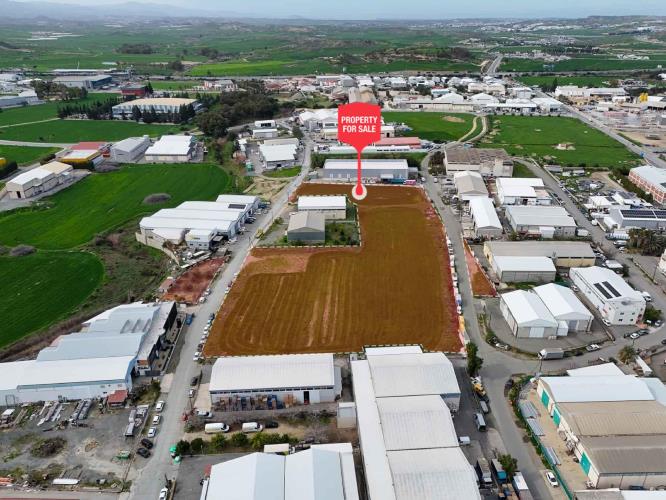A new proposal on ePrivacy should guarantee confidentiality of communications, offer clarity and complement the General Data Protection Regulation (GDPR) said the European Data Protection Supervisor (EDPS) as he published his Opinion on the review of the ePrivacy Directive.
Giovanni Buttarelli, EDPS, said: "The confidentiality of online communications by individuals and businesses is essential for the functioning of modern societies and economies. The EU rules designed to protect privacy in electronic communications need to reflect the world that exists today. By preserving and not reducing the high level of protection offered by the current ePrivacy Directive and harmonising some specific provisions to complement the GDPR, the EU can reinforce the confidentiality and integrity of our electronic communications.”
In his Opinion, the EDPS says that the scope of new ePrivacy rules needs to be broad enough to cover all forms of electronic communications irrespective of network or service used, not only those offered by traditional telephone companies and internet service providers. Individuals must be afforded the same level of protection for all types of communication such as telephone, Voice over IP services, mobile phone messaging app, Internet of Things (machine to machine).
The updated rules should also ensure that the confidentiality of users is protected on all publicly accessible networks, including Wi-Fi services in hotels, coffee shops, shops, airports and networks offered by hospitals to patients, universities to students, and hotspots created by public administrations.
Any interference with the right to confidentiality of communications is contrary to the European Charter of Fundamental Rights.
No communications should be subject to unlawful tracking and monitoring without freely given consent, whether by cookies, device-fingerprinting, or other technological means. Users must also have user-friendly and effective mechanisms to give, or not give, their consent. In order to better protect the confidentiality and security of electronic communications, the current consent requirement for traffic and location data must be strengthened.
The existing rules in the ePrivacy Directive protecting against unsolicited communications, such as advertising or promotional messages, should be updated and strengthened and require prior consent of the recipients for all forms of unsolicited electronic communications.
A new provision for organisations to periodically disclose aggregate numbers indicating EU and non-EU law enforcement or government requests for information would offer some welcome transparency in the sensitive, complex and often contentious area of government access to communications.
The new rules should complement, and where necessary, specify the protections available under the GDPR. They should also maintain the existing, higher level of protection in those instances where the ePrivacy Directive offers more specific safeguards than in the GDPR.
















